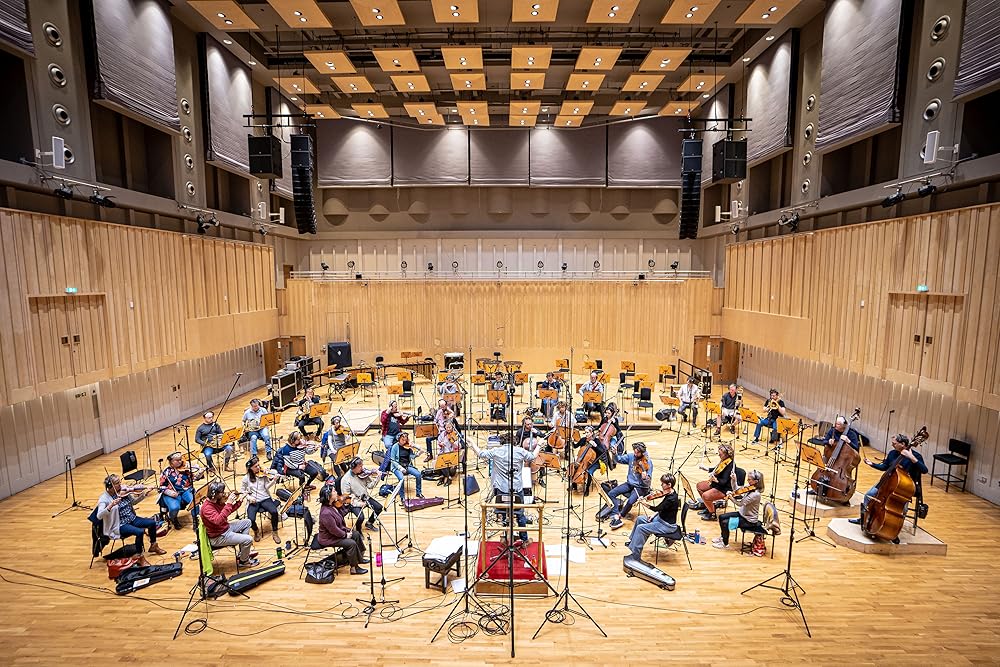
An orchestra leading the way for event sustainability
The Royal Scottish National Orchestra (RSNO) is a leading orchestra in Europe, bringing momentous performances to Scotland and beyond. The organisation take steps to inform and support their performers, audience members, and staff to make positive changes that collectively reduce RSNO’s environmental impact.
CIRCULAR RESULTS
Rethink resources: Working with a local tech recycling centre, RSNO send their obsolete IT equipment to be sent along to voluntary organisations to be used to parts, extending the life of their tech while supporting local communities.
HOW THEY DID IT
RSNO have identified a number of areas in the organisation to address their sustainable practices and the challenges they face.
Carbon emissions
The building home to RSNO was built around ten years ago, with all energy and water supplies installed without meters. As RSNO are tenants without access to the necessary data, getting a full picture of their carbon footprint is particularly difficult. However, the team have been able to carry out an energy audit by working with their landlord, Glasgow Life, to establish potential areas for savings and better use of their current energy.
The carbon emissions from audience members is another challenging area that RSNO are keen to address. They currently support their regular local visitors from Glasgow and Edinburgh, but do not have the information needed to calculate emissions from audiences in Aberdeen, Inverness, Perth and Dundee. RSNO hope to engage further with soloists, guest conductors and players, and other visiting artists to be more cognisant of environmental factors involved in engaging artists.
Waste management
RSNO have partnered with a local recycling centre to have their obsolete IT equipment collected, cleaned and passed along to smaller voluntary organisations in the city who can use them for parts. The organisation now operate as an almost paperless office, only printing essential items such as music for players and the chorus. RSNO continue to monitor their waste and recycling to find innovative ways to reuse their waste.
Travel
RSNO have carried out a review of orchestra and staff travel arrangements and associated emissions that contribute to their carbon footprint calculations, developing a process to measure emissions accurately.
On orchestra rehearsal and performance days, RSNO continue to encourage car sharing for those unable to use the organisation’s corporately sponsored train travel, or the organised group travel buses. Furthermore, RSNO continue to encourage the uptake of their cycle to work scheme for staff and orchestra members.
LEARN MORE
Click here to learn more about Royal Scottish National Orchestra (RSNO).
